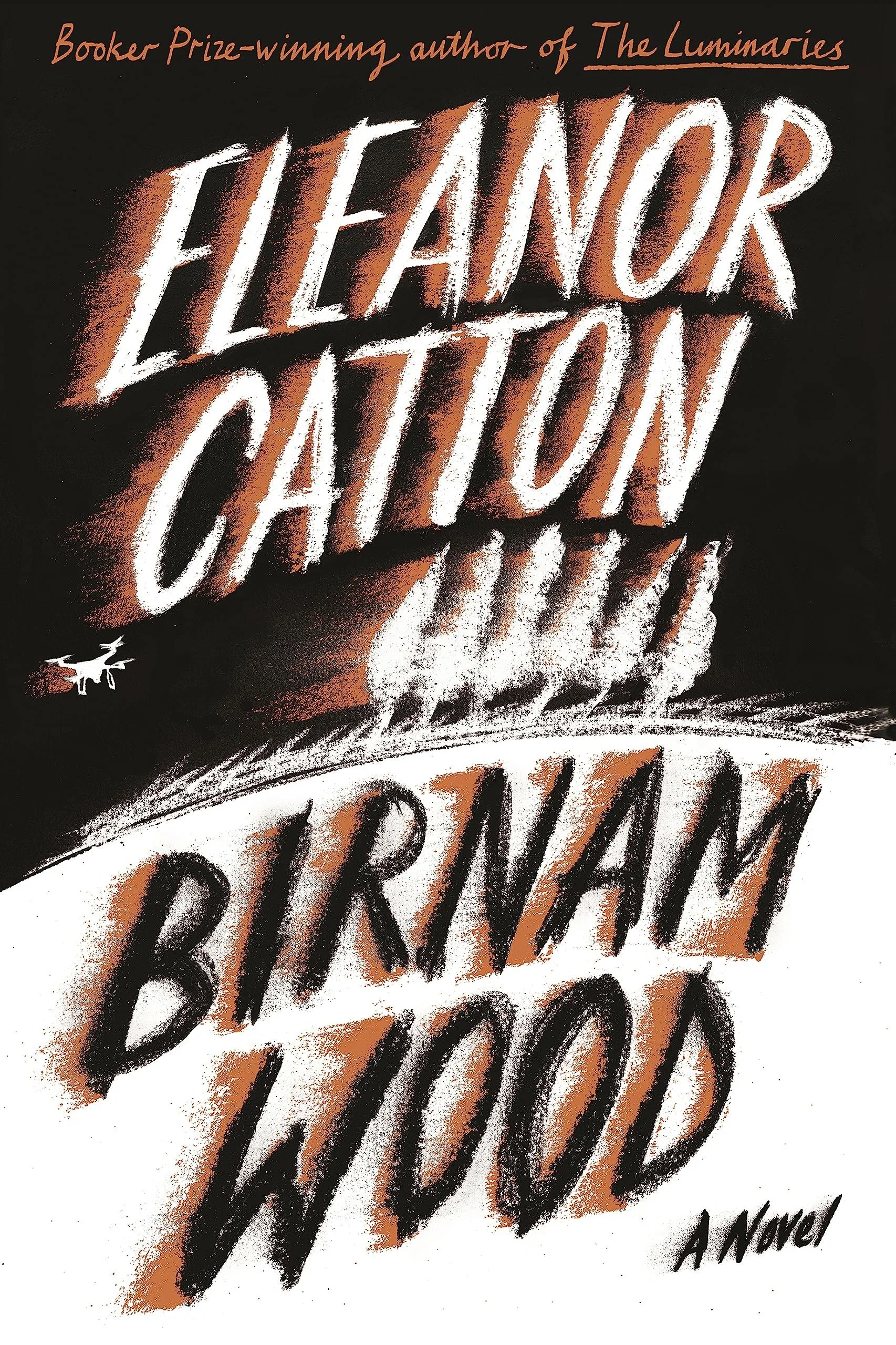Birnam Wood- Eleanor Catton
January 2024
Birnam Wood is an engaging novel about a group of eco-activists who get in over their heads while trying to do the right thing. The writing is clear and straightforward, and most of the characters feel real, even if some of their actions come off as a bit forced. The pacing isn’t always smooth, and the political messages sometimes feel a bit too obvious. Still, if interested in a story that mixes action with some modern political and environmental issues, this book is a decent pick.
Where Birnam Wood is best is in its exploration of moral ambiguity. The activists’ idealism is repeatedly tested as they navigate alliances with questionable figures, including a enigmatic billionaire whose motives blur the line between altruism and exploitation. This tension drives much of the plot, forcing characters—and readers—to grapple with uncomfortable questions about compromise, privilege, and the ethics of “doing good” in a flawed system. While the novel’s political critiques can lack subtlety, they resonate in an era of climate anxiety and growing distrust of institutional power.
The setting, a rugged New Zealand landscape on the brink of ecological collapse, is rendered with vivid, almost tactile detail, becoming a character in its own right. Eleanor Catton’s prose remains immersive, though the narrative occasionally struggles under the weight of its own ambition. Subplots involving corporate espionage and personal betrayals add layers of intrigue but can feel overstuffed, leading to a climax that strains credulity.
Yet the book’s flaws are somehwat tempered by its boldness. Mira, the collective’s de facto leader, is a compelling study in contradictions—charismatic yet naïve, principled yet dangerously self-righteous—and her dynamic with the chillingly pragmatic antagonist provides some of the story’s sharpest moments. Secondary characters, however, are less fleshed out, serving more as ideological mouthpieces than fully realized individuals.
Birnam Wood doesn’t offer easy answers, and its unresolved ending may frustrate some. But as a provocative examination of activism’s complexities and the perils of self-delusion, it lingers. Fans of climate fiction or morally gray thrillers will find plenty to chew on, even if the journey feels bumpy at times. Stick with it for the final act’s twists—and the uneasy questions they leave behind.
I hadn’t read a new novel in about ten years, and it was interesting to do so. Birnam Wood came highly recommended. I personally enjoyed it and could not stop thinking that it nicely represented where the world is currently in terms of environmentalism and partisanism. I could also not stop thinking that I had never encountered a novel in which I disliked every character to such an extent. It was not a challenging book to read despite its length. Still, I wasn’t overly enthused throughout my time reading it. Good, but by no means a classic.
